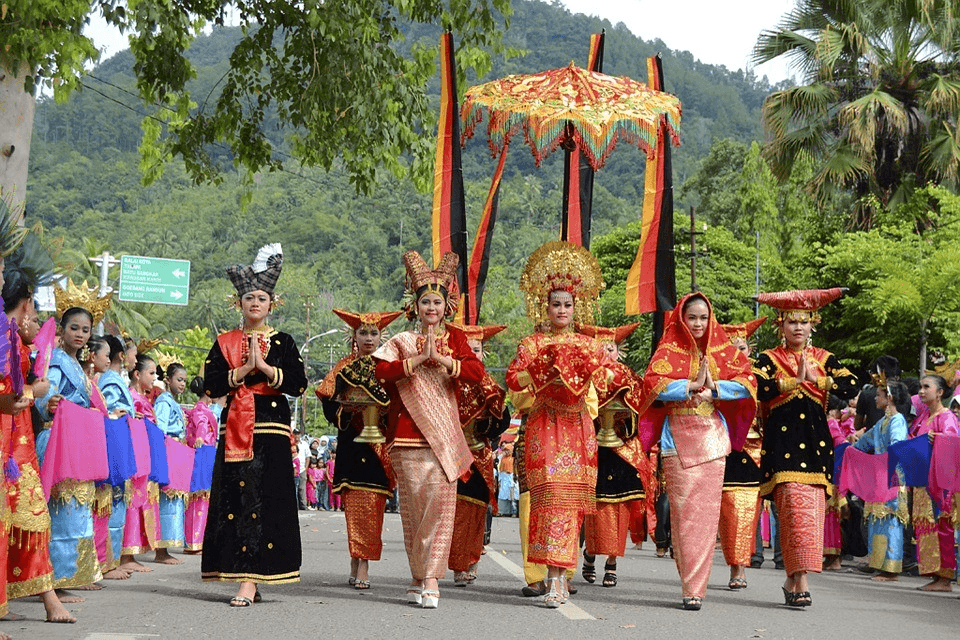
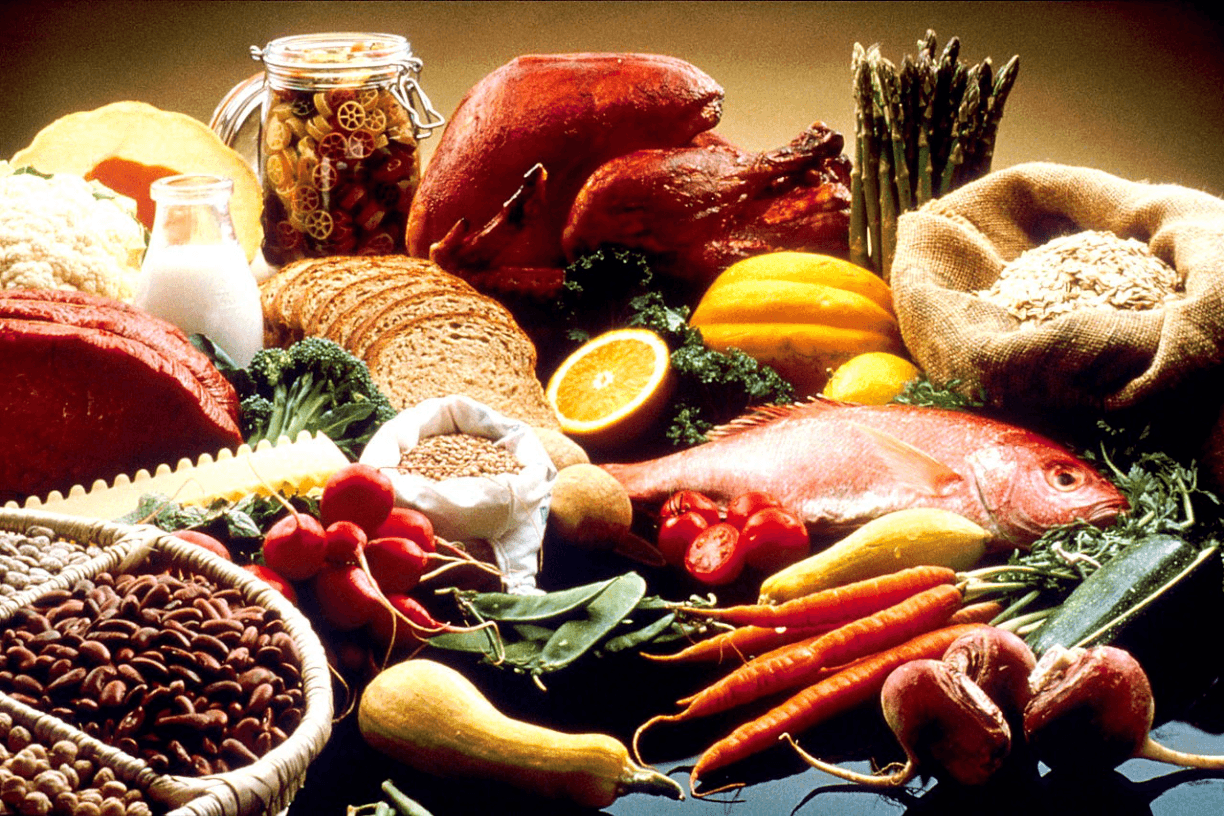
The way of life for a group of people:
El modo de vida de un grupo de personas:
What is culture?
¿Qué es la cultura?

What was the name of the non-existent waterway many explorers searched for in North America that connected the Atlantic to Pacific?
¿Cuál era el nombre de la vía fluvial inexistente que muchos exploradores buscaban en América del Norte que conectaba el Atlántico con el Pacífico?
What is the Northwest Passage?
¿Qué es el Paso del Noroeste?
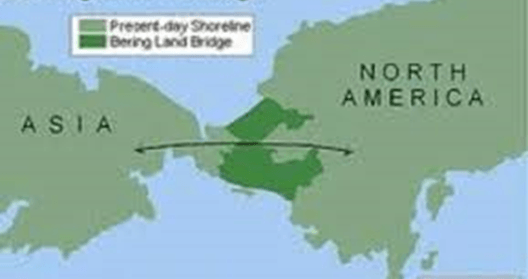
The first Americans crossed this from Asia to get to the Americas:
Los primeros estadounidenses cruzaron esto desde Asia para llegar a las Américas:
What is the Bering Land Bridge?
¿Qué es el Puente Terrestre de Bering?
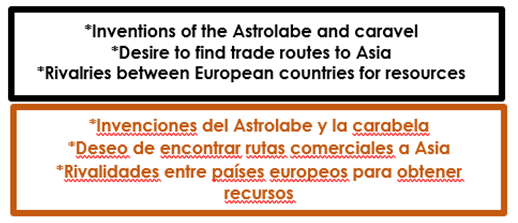
The developments from above were the start of the:
Los desarrollos desde arriba fueron el comienzo de:
What is the Age of Exploration?
¿Cuál es la Era de la Exploración?

The first people who came to, and lived in, the Americas. They were hunter-gatherers.
Las primeras personas que vinieron y vivieron en las Américas. Eran cazadores-recolectores.
Who are the Paleo-Indians?
¿Quiénes son Los Paleoindios?
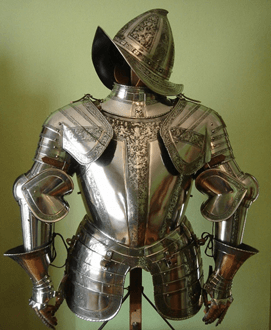

Another word for a Spanish explorer and soldier:
Otra palabra para un explorador y soldado español:
What is a conquistador?
¿Qué es un conquistador?
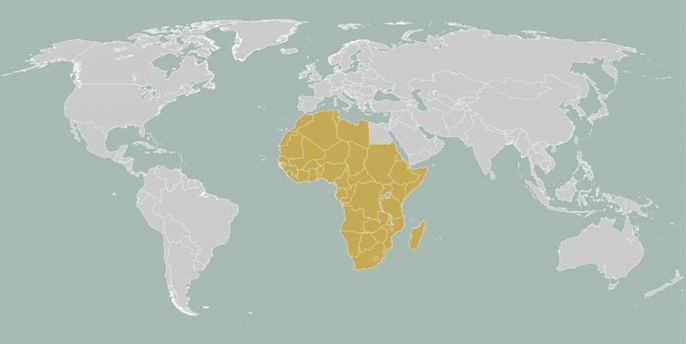
When Native Americans died from diseases, slaves were brought from this continent to the Americas:
Cuando los Nativos Americanos murieron de enfermedades, los esclavos fueron traídos de este continente a las Américas:
What is Africa?
¿Qué es África?
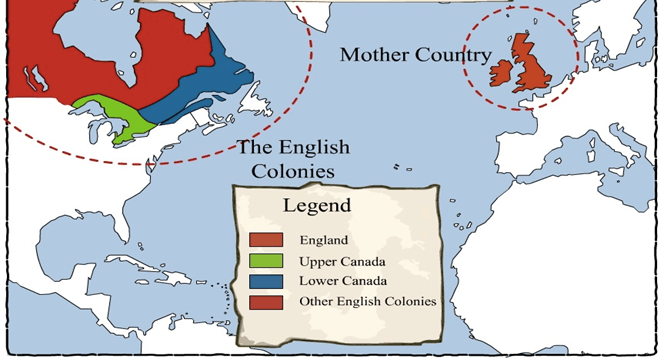
An area controlled by another country to provide wealth and resources:
Un área controlada por otro país para proporcionar riqueza y recursos:
What is a colony?
¿Qué es una colonia?
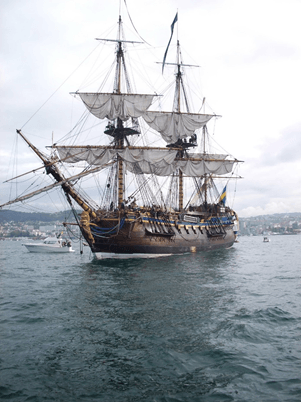
This ship had triangular sails and made ships easier to steer:
Este barco tenía velas triangulares e hizo que los barcos más fáciles de dirigir:
What is a caravel?
¿Qué es una carabela?
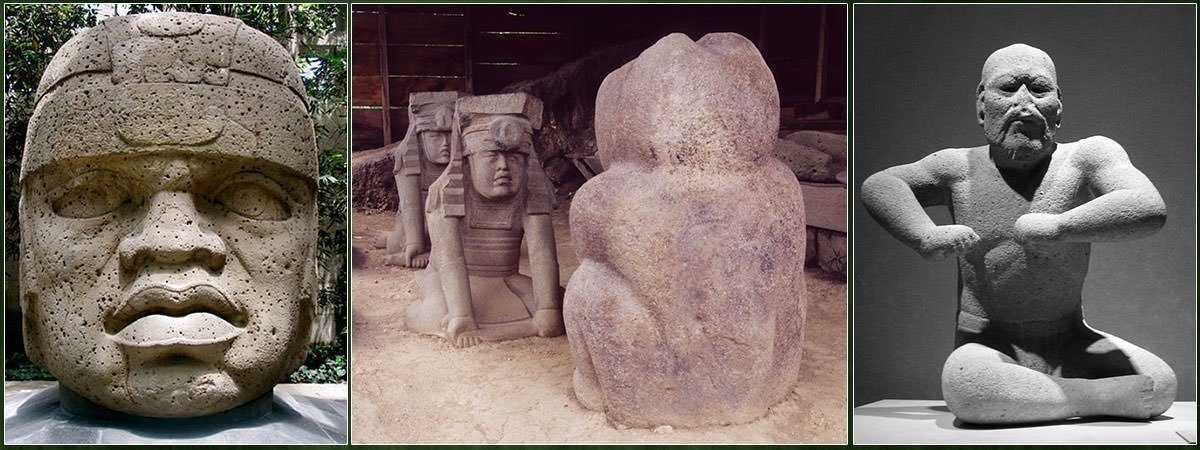
The earliest known civilization in Mesoamerica. Known for their stone buildings and sculptures.
La civilización más antigua conocida en Mesoamérica. Conocido por sus edificios de piedra y esculturas.
Who are the Olmecs?
¿Quiénes son Los Olmecas?
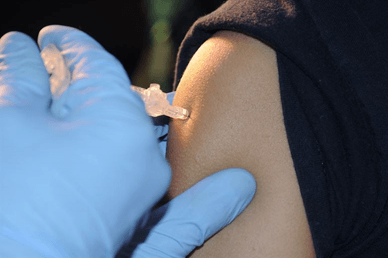
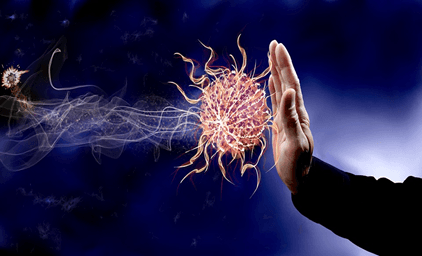
Native Americans died from many European diseases because they lacked this:
Los Nativos Americanos murieron de muchas enfermedades europeas porque carecían de esto:
What is an immune system?
¿Qué es un sistema inmunológico?
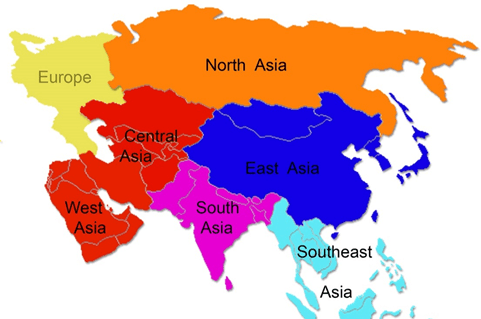
Many European nations were competing to find quicker trade routes to this continent to obtain silks and spices:
Muchas naciones europeas competían para encontrar rutas comerciales más rápidas a este continente para obtener sedas y especias:
What is India?
¿Qué es la India?
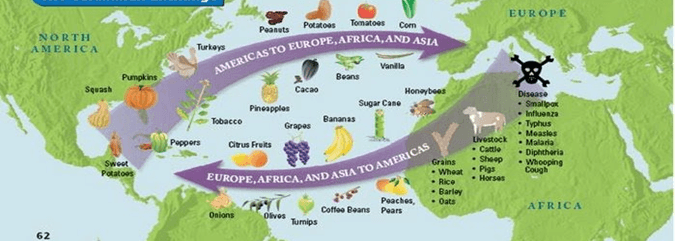
The global exchange of goods between the Americas, Africa, Europe and Asia that started since 1492 is called this that brought animals, diseases and new crops:
El intercambio global de bienes entre las Américas, Africa, Europa y Asia que comenzó desde 1492 se llama esto que trajo animales, enfermedades y nuevos cultivos:
What is the Columbian Exchange?
¿Qué es el Intercambio de Columbiano?
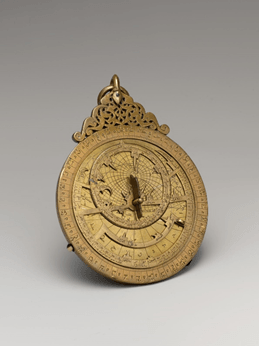
This invention helped sailors use stars to determine their location:
Este invento ayudó a los marineros a usar estrellas para determinar su ubicación:
What is the Astrolabe?
¿Qué es el Astrolabio?

This Advanced Native American civilization was located in Central Mexico and taken over by Spanish.
Esta civilización avanzada de los nativos americanos fue localicada en el centro de México y tomada por el español.
Who are the Aztecs?
¿Quiénes son Los Aztecas?
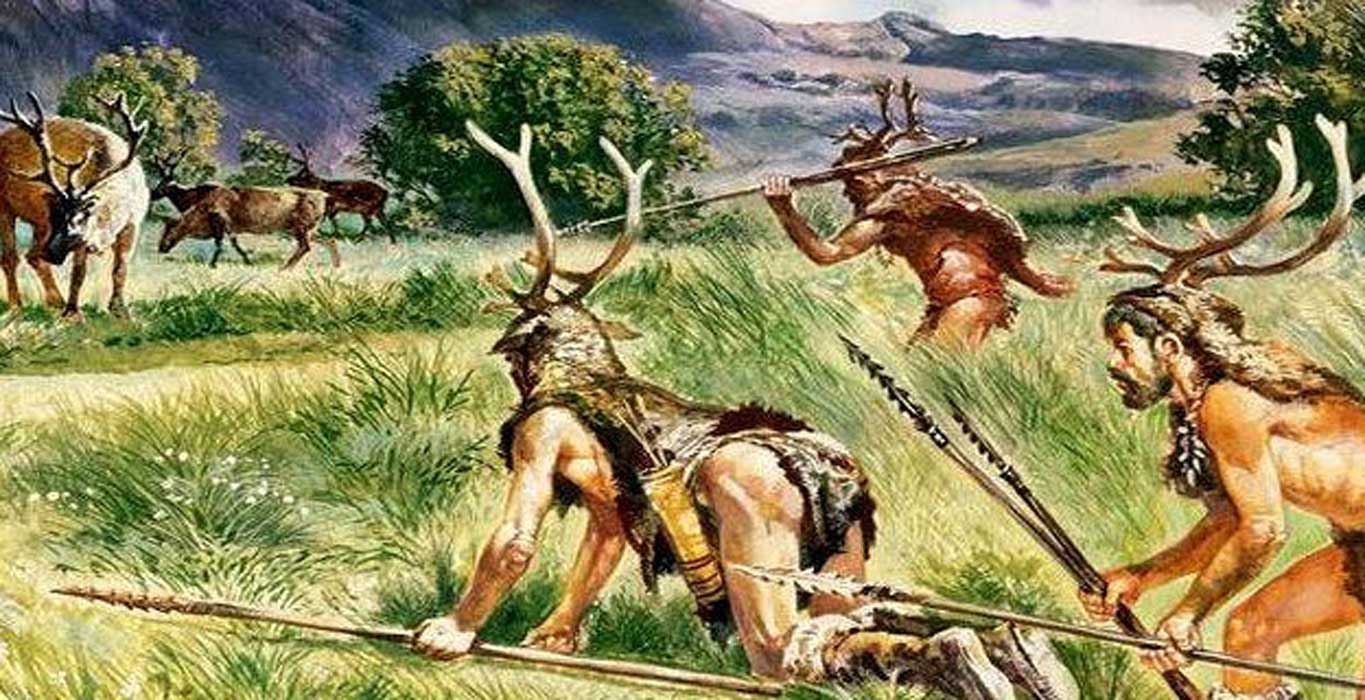
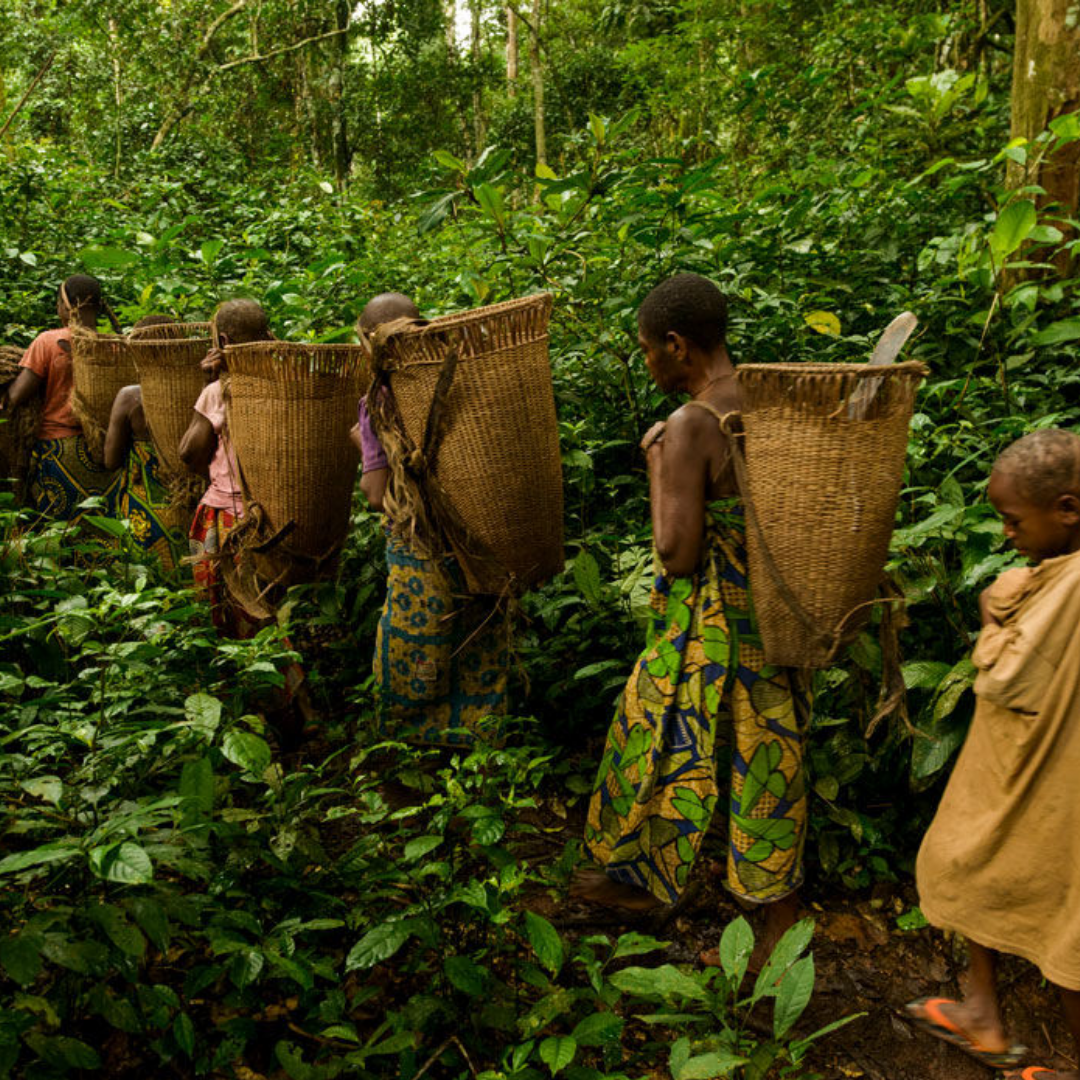
People who hunted animals and gathered wild plants for food:
Personas que cazaban animales y recolectaban plantas silvestres para alimentarse:
What are hunter-gatherers?
¿Qué son los cazadores-recolectores?

Name at least three continents involved in triangular trade.
Nombra al menos tres continentes involucrados en el comercio triangular.
What is North America, Europe, and Africa?
¿Qué es América del Norte, Europa y África?

The type of trade routes shown above are called: **hint: look at the shape
El tipo de rutas comerciales que se muestran arriba se denominan: **sugerencia: mira la forma
What is triangular trade?
¿Qué es el comercio triangular?

An instrument for determining direction on the surface of Earth by means of a magnetic pointer that aligns itself with Earth's magnetic field:
Instrumento para determinar la dirección en la superficie de la Tierra por medio de un puntero magnético que se alinea con el campo magnético de la Tierra:
What is the magnetic compass?
¿Qué es la brújula magnética?
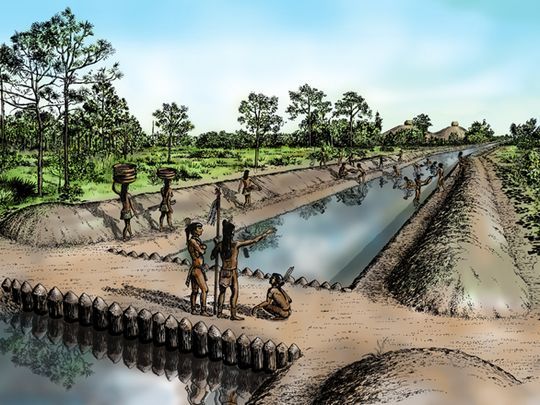
These Native Americans built large temples, pyramids, and canals that controlled the flow of water through their cities.
Estos nativos americanos construyeron grandes templos, pirámides y canales que controlaban el flujo de agua a través de sus ciudades.
Who are the Mayans?
¿Quiénes son Los Mayas?
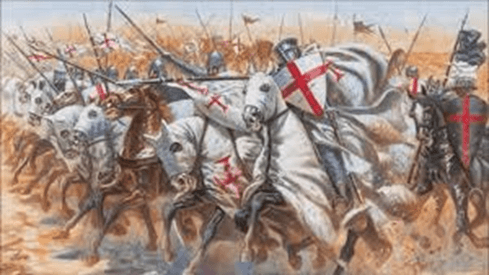
The name of the Holy Wars that introduced Europeans to goods in Asia were called this:
El nombre de las Guerras Santas que introdujeron a los europeos en los bienes en Asia se llamaba así:
What are the crusades?
¿Qué son las cruzadas?
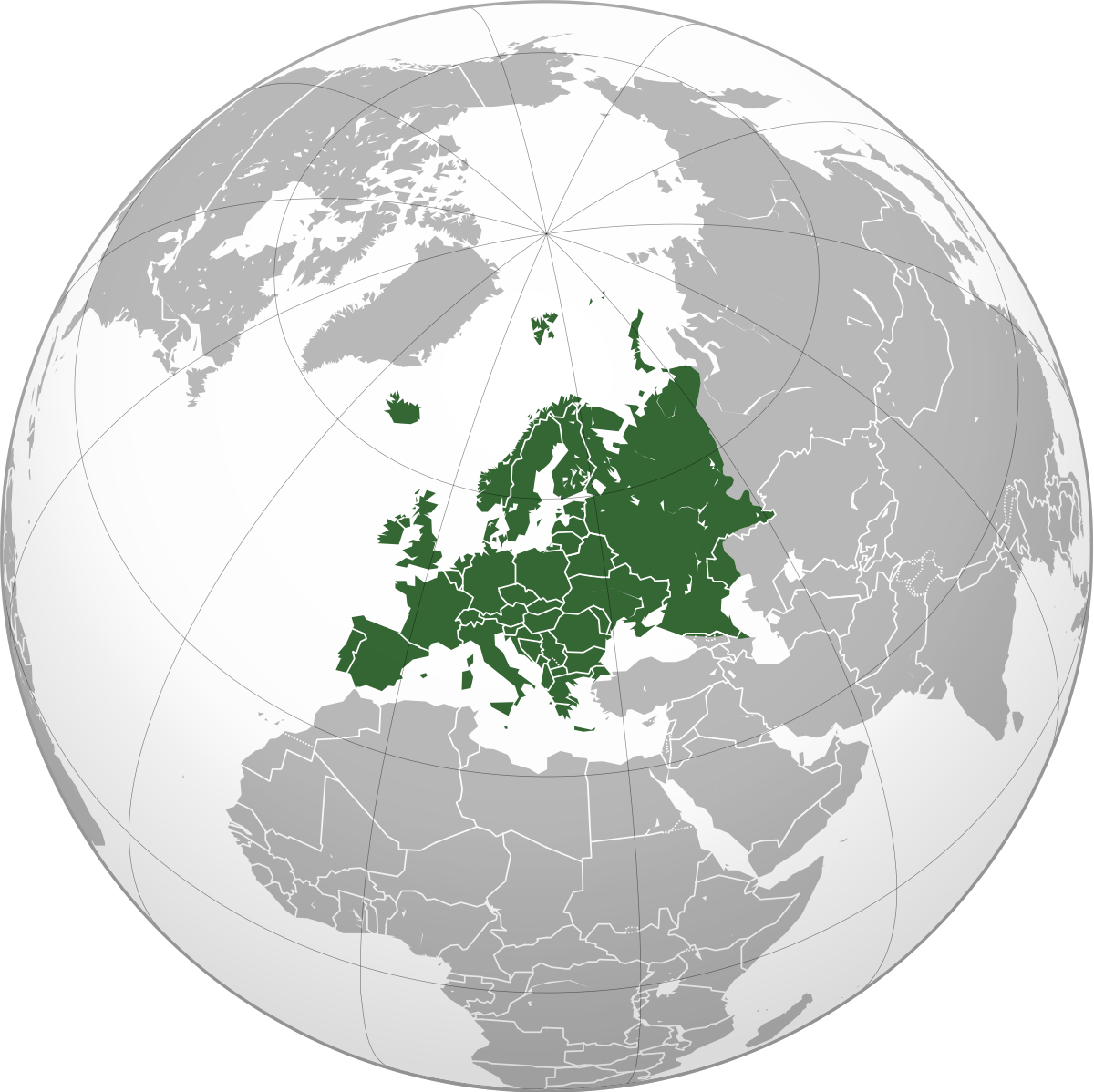 The European country that the United States was a former colony of:
The European country that the United States was a former colony of:
El país europeo del que Estados Unidos fue una antigua colonia de:
What is England?
¿Qué es Inglaterra?

The voyage across the Atlantic that brought enslaved Africans to the New World:
El viaje a través del Atlántico que trajo africanos esclavizados al Nuevo Mundo:
What is the Middle Passage?
¿Qué es el Pasaje del Medio?

What was the name of the invention by Johannes Gutenberg that made producing books faster, and spread information and knowledge throughout Europe:
¿Cuál fue el nombre de la invención de Johannes Gutenberg que hizo que la producción de libros más rápido, y difundir la información y el conocimiento en toda Europa?:
What is the printing press?
¿Qué es la imprenta?
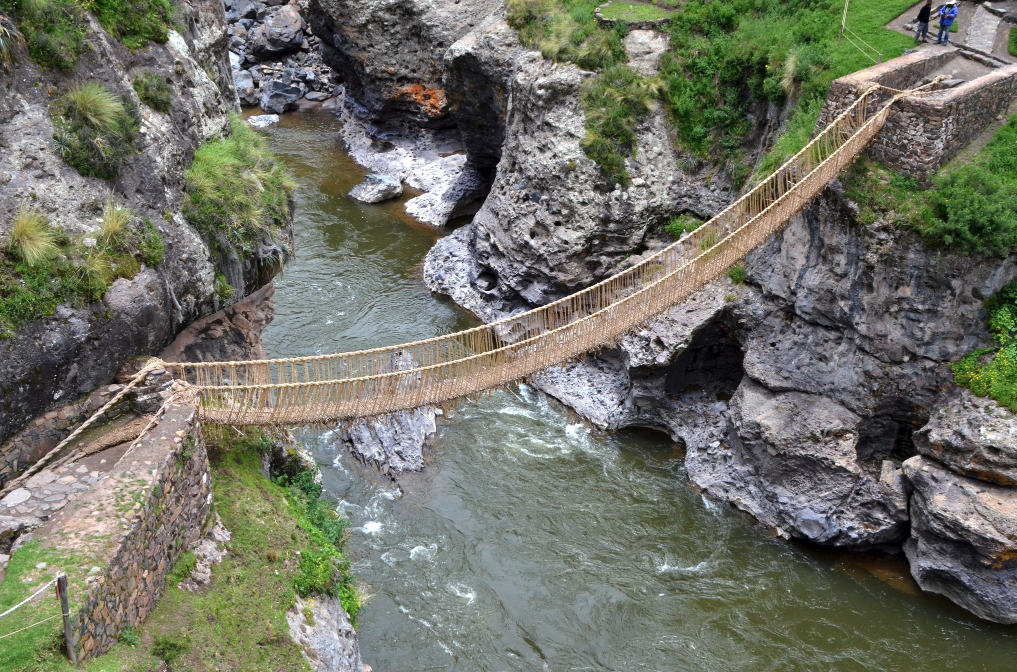
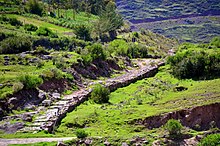
Native American tribe that expanded to include 12 million people. Had a strong central government and a network of roads and bridges to connect their territory.
Tribu nativa americana que se expandió para incluir a 12 millones de personas. Tenía un gobierno central fuerte y una red de carreteras y puentes para conectar su territorio.
Who are the Incas?
¿Quiénes son Los Incas?